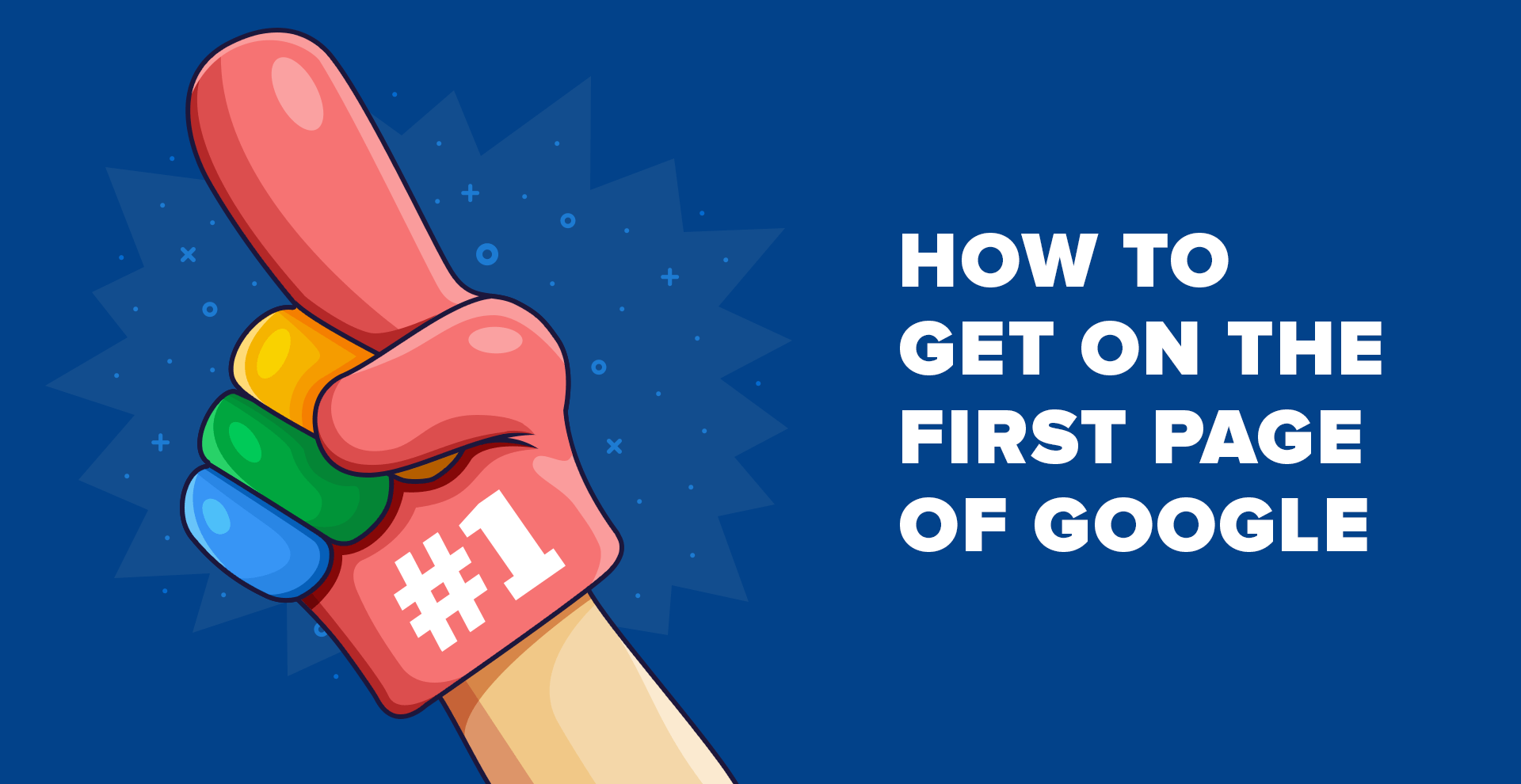How to
HOW TO RANK YOUR SITE ON THE FIRST PAGE OF GOOGLE

Search engine optimization (SEO) is the process of optimizing your website to rank higher in search engines like Google, Bing, and Yahoo. Ranking on the first page of search results is crucial for any website as it significantly increases the visibility and exposure of your site to potential customers. In this article, we’ll be discussing the steps you need to take to rank your site on the first page of search engine results.
- Research keywords: The first step in optimizing your website for search engines is to research keywords related to your business or website. You can use tools like Google Keyword Planner, SEMrush, or Ahrefs to find the right keywords to target. Choose keywords that are relevant to your business, have high search volume, and low competition.
- On-page optimization: Once you have your keywords, you need to optimize your website’s on-page elements to rank higher in search engines. This includes optimizing your page titles, meta descriptions, headings, and content with the keywords you have chosen. Make sure your website’s structure and navigation are also optimized for both users and search engines.
- Content creation: Search engines love websites that regularly publish high-quality, unique, and relevant content. This not only keeps your site fresh and up-to-date, but it also helps to attract backlinks from other websites. Writing blog posts, articles, and other types of content around your target keywords can help you rank higher in search engines.
- Backlinks: Backlinks are links from other websites to your site, and they are an important factor in determining your site’s search engine ranking. Try to acquire high-quality backlinks from reputable websites in your niche. You can do this by guest blogging, participating in forums, and reaching out to other websites to request a link.
- Technical SEO: Technical SEO refers to the behind-the-scenes aspects of your website that can impact your search engine ranking. This includes optimizing your website’s loading speed, mobile responsiveness, and security. You can use tools like GTmetrix and Google PageSpeed Insights to see how your site is performing and identify any technical issues that need to be addressed.
- Track your results: Finally, it’s important to track your results and make ongoing optimizations to your website to maintain and improve your search engine ranking. Use tools like Google Analytics and Search Console to track your website’s traffic, rankings, and backlinks, and make changes as needed to continue to improve your site’s performance.
In conclusion, ranking your site on the first page of search engines takes time, effort, and patience, but it is well worth it in the long run. By following these steps, you can increase your website’s visibility, attract more traffic, and grow your business.
Continue Reading
